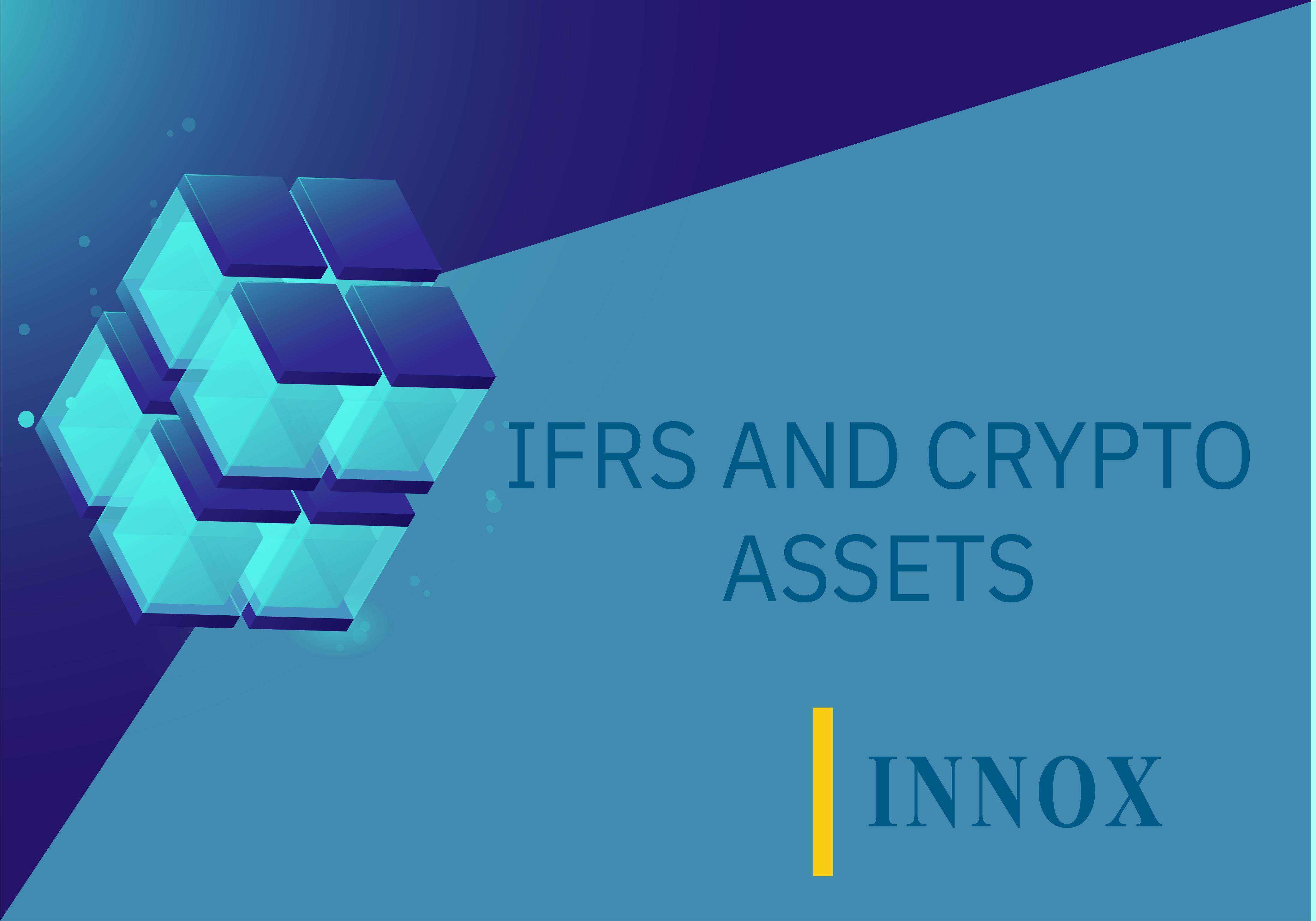IFRS and Crypto assets Cryptocurrencies and Tokens

Many entities classify crypto assets according to their characteristic features trying to accommodate existing standards and regulations.
Classification
- Cryptocurrencies – “currency” designed to function as a medium of exchange such as Bitcoin; Value is derived based on supply and demand;
- Utility tokens – Many of these tokens come from the ICOs and have mainly been used to raise funds for the future projects on Blockchain. It grants the holders access/right to specific products or services; Value is derived from the demand for the issuer’s service or product;
- Security tokens –There are usually no physical assets involved and the tokens are exchanged via contracts between parties. They are similar to securities such as shares or bonds, that provide an economic stake or right in a legal entity to receive cash or another financial asset; Value depends on the success of the company;
- Natural asset tokens – There have been a large number of tokens where they are backed by natural physical assets, such as gold or oil. The token is used to transfer this value and settle the trade.
Value is derived based on the underlying asset;
WE now have a basic understanding what crypto assets are and how they are defined; When it comes to accounting much judgement and considerations are required by auditors as IFRS does not include specific guidance on the accounting for crypto assets. The purpose of the entity for holding crypto asset is key to correct accounting.
Non-applicable standards should be excluded, before discussing accounting of cryptocurrencies and tokens.
As defined in IAS7 and IAS32 cryptocurrencies and Tokens cannot be considered equivalent to cash due to the following reasons:
- it is not widely accepted or used as the monetary unit in pricing goods or services;
- they are subject to significant price volatility;
Let’s split the holding of Cryptocurrencies into two parts:
- held for trading (usually selling within less than a year);
- held for value creation (storing);
In certain circumstances it depends on a specific business model, weather cryptocurrencies can be accounted according to IAS2 or not. for example the entity holding cryptocurrencies for sale in the ordinary course of business, not for capital appreciation, most probably would apply for recognition and measurement of IAS2.
In the second scenario CRYPTOCURRENCIES are held for value creation. IAS38 is applied when the asset is identifiable without any physical substance having the probability of future economic benefits.
In case of Tokens, except for IAS38 and IAS2, prepaid assets accounting might also be applied as tokens are similar to prepayments for future goods or services. In addition when it comes to asset-backed (depending on the type of underlying asset) tokens it might also meet the definition of a financial asset providing a holder with a right to deliver or receive cash or another financial instrument.
MARI TSUTSKIRIDZE
Invited Advisor
Double-degree MBA, IIBA and ACCA Affiliate, CBAP® Candidate
Mobile: (+995) 599 018101
Email: info@innox.ge
20 February 2021
© 2021 INNOX LLC. All rights reserved
